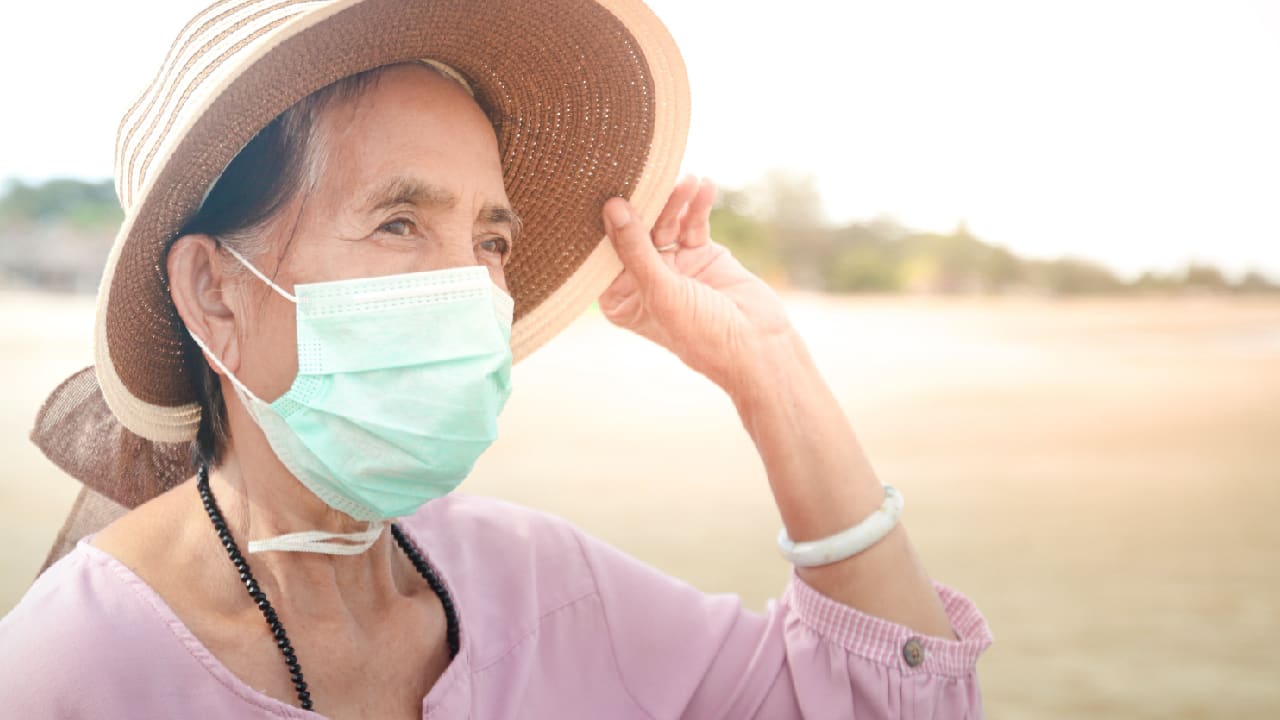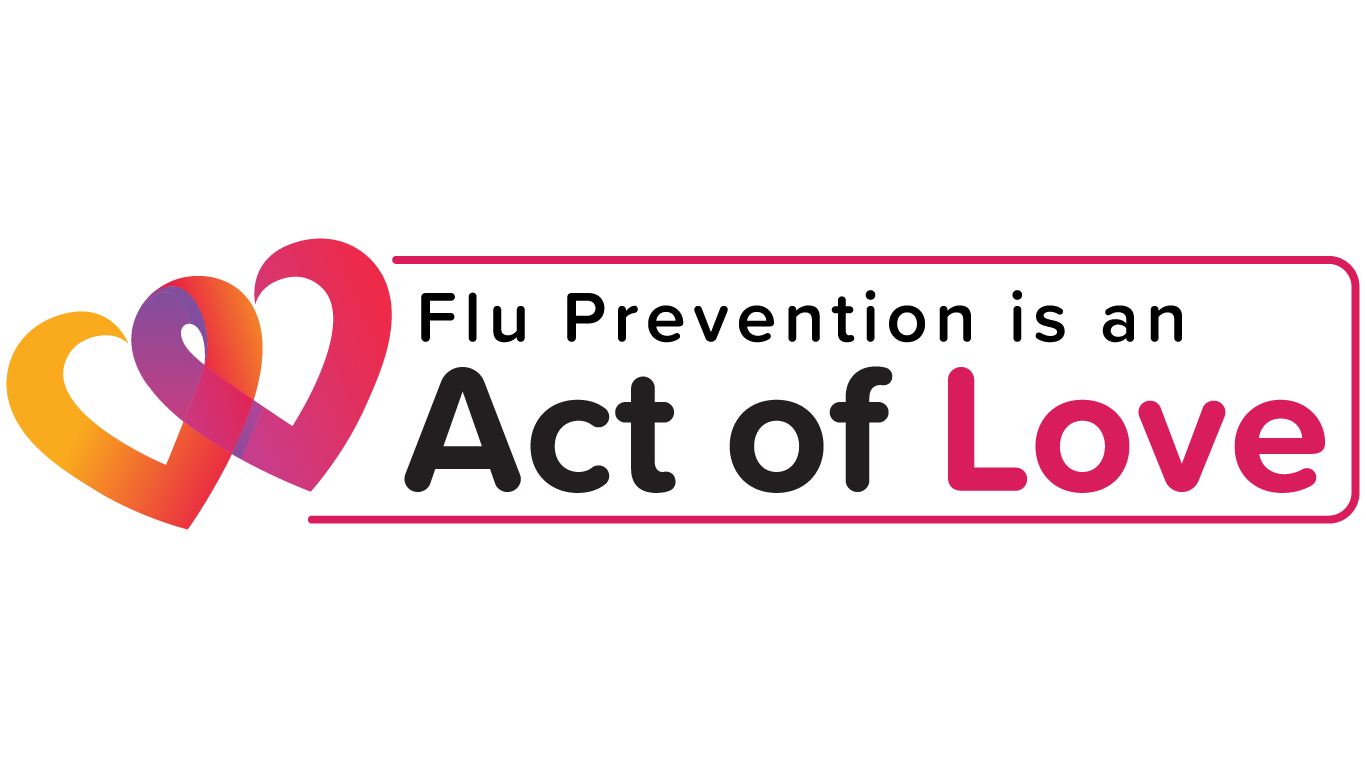Get the most out of your year-end getaway while keeping your guard up
Stay in the pink while travelling, with vaccinations that can help keep infectious diseases like influenza at bay, says a health specialist.

It's prudent to keep health safeguards up as we head into the year-end holiday season. Photos: Sanofi
With popular holiday destinations like Japan fully reopening borders, many of us have made plans to travel overseas during the year-end break.
But getting sick while you’re on holiday puts a dampener on the best laid vacation plans. As global conditions continue to pose health risks to travellers even past the COVID-19 pandemic, it’s only prudent to keep your guard up.
According to Dr Hazlee Abdul Hadi, occupational health specialist and medical advisor at BOSH Group of Companies, there is a spectrum of vaccine-preventable infectious diseases that one can be exposed to while on holiday.
For example, Hepatitis A, typhoid fever and traveller’s diarrhoea can hit those who consume contaminated food and water. Crowded, poorly ventilated spaces can increase one’s exposure to infectious diseases carried by airborne droplets, such as influenza, chicken pox and pneumococcal disease. Nature can also stand against one – insect bites may give rise to illnesses like malaria and yellow fever, while rabies can be transmitted through the bite of an infected animal.
“Every country comes with its own set of health risks. It is essential that one is well-educated vis-à-vis the region’s health landscape and be aware of how your current level of health may be affected,” said Dr Hadi.
He advises those with travel plans to consult a doctor four to six weeks before departure to check if vaccination is necessary, adding that most vaccines require a window of a few days or weeks to become effective.
Dr Hadi also highlighted that certain groups of travellers are more at risk than others – children under the age of 15, pregnant women, seniors over the age of 60, and people who are immunocompromised. Each demographic bears a unique immune system with different requirements to stay safe against health risks.
“For these vulnerable groups, it is especially important for them to schedule a pre-departure discussion with their attending physician,” he said.
STAYING SAFE FROM INFLUENZA

Seasonal influenza, better known as the flu, is one of the most prevalent infectious disease among travellers, reports a PUBMED study. “Flu viruses are transmitted in the air through droplets, and infection occurs when we breathe in the viruses,” explained Dr Hadi. “Common symptoms include high fever, stuffy nose, coughing, sore throat and muscle aches.”
According to the National Centre for Infectious Diseases, flu activity in Singapore peaks during the middle and end-start periods of the year – periods associated with high travel activity. Over in Malaysia, the World Health Organization reports that influenza activity is observed all year round. The condition causes illnesses that range in severity and sometimes leads to hospitalisation and death.
Dr Hadi urged: “The flu is a vaccine-preventable condition. It’s better to be safe than sorry, especially for the more vulnerable among us.”
He also recommends maintaining optimal protection with annual flu shots: “Influenza viruses are constantly evolving. As such, vaccines are updated each year to adapt to the virus’ changing structure. Moreover, immunity from vaccination wanes over time.”
A HOLISTIC APPROACH TO STAYING PROTECTED WHILE TRAVELLING

In addition to vaccination, keeping up with good health practices on the go can help reduce the risk of coming down with an infection. Said Dr Hadi: “Maintain good personal hygiene, avoid touching your mouth, nose and eyes. Despite the relaxation of mask mandates, consider wearing a face mask in crowded areas.”
Having a travel first aid kit on hand can also help one manage minor ailments. “Be sure to bring along over-the-counter medication for common afflictions like headaches, allergies, diarrhoea and minor wounds,” said Dr Hadi. “Those taking medication for chronic conditions should also ensure that they have an adequate supply.”
For eager travellers, Dr Hadi has a word of advice. “Flu jabs should ideally be part of your annual health checklist, taken at the same time every year. It’s best to plan ahead instead of rushing to get it just before a holiday.”
Speak to your doctor to find out more about flu prevention and how to stay safe while enjoying your holiday. Learn more at https://actoflove.ifl.my/.















